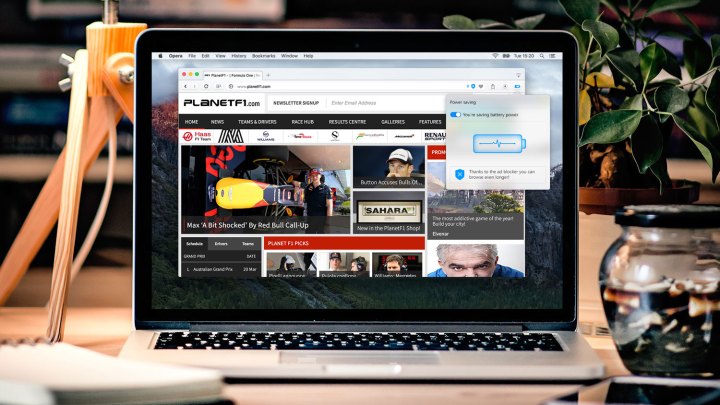
Opera, a Norweigan company, tried to sell the entire company to this same consortium for $1.2 billion earlier this year, but that deal was terminated. The new deal sells off huge chunks of the company, Engadget is reporting. The famous Opera browser, both mobile and desktop versions, are part of this sale. So are Opera’s performance and privacy apps, as well as all of Opera’s tech licensing (outside of the Opera TV ecosystem). The Consortium has also acquired the name “Opera.”
What’s left in Norway? Two ecosystems: Opera Apps & Games, and Opera TV. These will continue being owned by the Norwegian company until now called Opera. Because the consortium now owns the name “Opera,” the remaining company has 18 months to rename itself.
It may seem like the company formally known as Opera doesn’t have a lot left, and it’s true that only 560 employees will stay on board out of a total of 1,669. But Opera TV earns $616 million in annual revenue, which actually Opera claims amounts to three quarters of the company’s revenue.
But with or without revenue, the Opera browser has long been the company’s flagship product. First released in 1995, it is the only browser from that era still standing, after Microsoft stopped developing Internet Explorer last year.
Opera’s userbase isn’t huge, but it is loyal. Neglect to mention Opera in a tutorial that mentions “mainstream browsers” and you’ll hear from those users, quickly.
That loyalty was earned, in part, by focusing on performance while also bundling features other browsers left to external software or add-ons. For example, Opera doubled as an email client for much of its early life. Recent editions bundled things like ad blocking, and encrypted VPN service.
Given the Chinese government’s take on VPN services, which protect user privacy but also allow users to bypass government censorship, it’s unclear how long that particular feature will last.
But Opera, at the very least, has new owners who can hopefully give the browser a firm financial footing.


